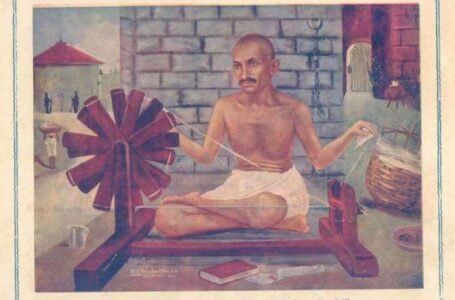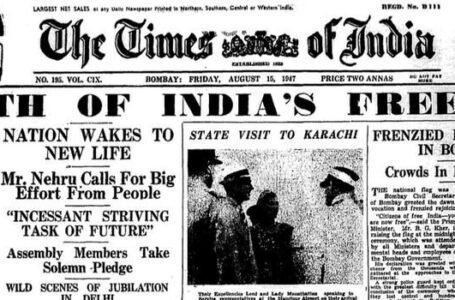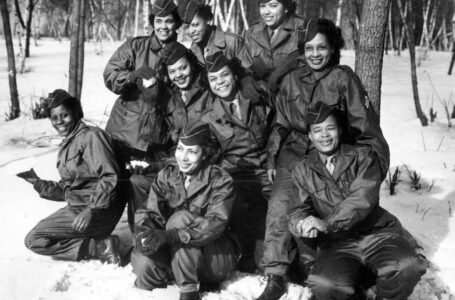Rahul Sankrityayan: The Father of Hindi Travel Literature
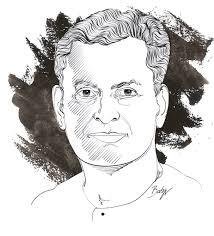
Rahul Sankrityayan, often referred to as the “Father of Hindi Travel Literature,” was a towering figure in Indian intellectual and literary history. A polyglot, historian, philosopher, novelist, and revolutionary thinker, Sankrityayan was a true embodiment of the Renaissance spirit. His insatiable curiosity and commitment to learning led him to master over 30 languages, travel to distant lands, and author more than 100 books across diverse disciplines.

Born as Kedarnath Pandey in 1893 in the village of Pandaha, Uttar Pradesh, Sankrityayan rejected his traditional Brahminical upbringing to embrace progressive ideologies such as Buddhism, Marxism, and atheism. This transformation was a reflection of his broader life philosophy—one rooted in questioning established norms and seeking the truth. His literary contributions not only enriched the Hindi language but also bridged cultural gaps by introducing Indian audiences to global histories, philosophies, and cultures.
Early Life and Intellectual Awakening
Sankrityayan’s early life was steeped in orthodox religious practices. Growing up in a traditional Brahmin family, he was exposed to Hindu scriptures and rituals from an early age. However, his inquisitive mind often clashed with the rigid societal norms of the time. This intellectual restlessness led him to question the hierarchical caste system and reject superstitious practices.
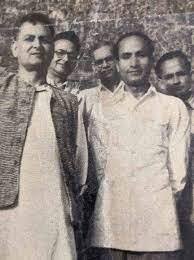
In his early twenties, Sankrityayan renounced his familial ties and became a wanderer, adopting the life of a mendicant monk. His decision to change his name to “Rahul” symbolized his break from orthodoxy, drawing inspiration from the Buddha’s son. He began his travels, journeying across India, Nepal, and Sri Lanka to study Buddhism in its birthplace. These travels marked the beginning of his lifelong quest for knowledge and spiritual exploration.
His journeys weren’t confined to spiritual pursuits. Sankrityayan became deeply involved in the Indian freedom struggle and was an active participant in the Indian National Congress. His exposure to Marxist literature during his travels in Europe added another dimension to his intellectual pursuits, leading him to merge revolutionary ideologies with his commitment to social justice.
The Life of a Wanderer
Rahul Sankrityayan’s identity as a wanderer was central to his being. Unlike most writers of his time, who relied on secondary sources for their works, Sankrityayan ventured into uncharted territories, documenting his observations firsthand. His travels spanned diverse regions, from the remote Himalayan monasteries in Tibet to the cultural hubs of Europe, and from Central Asia to ancient Buddhist sites in Sri Lanka.
His expeditions were not merely geographical; they were intellectual pilgrimages. He delved deeply into the languages, traditions, and histories of the places he visited. These experiences shaped his literary works, making them rich with cultural insights and historical analysis.
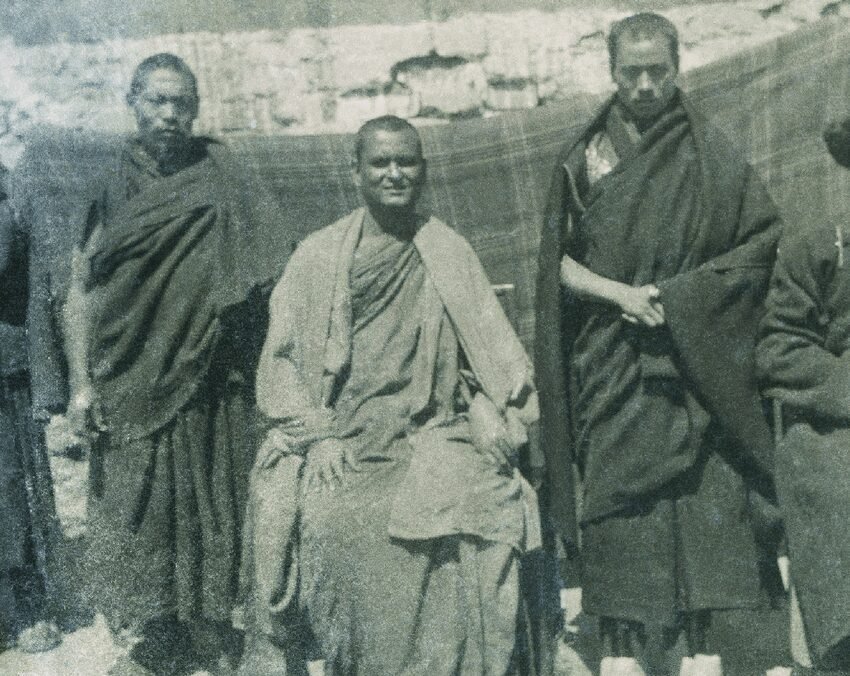
Rahul Sankrityayan’s Literary Contributions
Sankrityayan was one of the most prolific writers in Hindi literature, leaving behind an extraordinary legacy that touched on nearly every aspect of human life. His works span a wide range of genres, including travelogues, historical analysis, novels, philosophical treatises, and essays.
Travelogues: Chronicles of Exploration
Rahul Sankrityayan is best remembered for his groundbreaking travelogues, which brought distant lands and cultures to the doorstep of Hindi readers. His vivid descriptions, keen observations, and engaging narratives made these works both entertaining and educational.

- Tibet Mein Sava Varsha (One and a Quarter Years in Tibet): This travelogue recounts Sankrityayan’s journey to Tibet, where he lived for over a year studying ancient Buddhist texts. It provides fascinating insights into Tibetan culture, religion, and daily life. His meticulous documentation of ancient manuscripts during this trip is considered a landmark contribution to Buddhist studies.
- Volga Se Ganga (From the Volga to the Ganges): This imaginative historical travelogue traces the cultural evolution of human civilizations from the banks of the Volga River in Russia to the Ganges in India. Each story in the collection represents a different era, exploring the social, political, and cultural transformations that shaped humanity.
- Kinnar Desh Mein (In the Land of the Kinnars): In this travelogue, Sankrityayan vividly describes his journey to the Kinnaur region of Himachal Pradesh, blending geographical details with local myths and folklore.
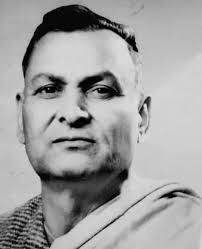
Historical and Philosophical Works
Sankrityayan’s passion for history and philosophy is evident in his scholarly works, which reflect his deep understanding of Indian and global cultural heritage.
- Madhya Asia Ka Itihas (History of Central Asia): A meticulously researched book, this work delves into the history, culture, and politics of Central Asia, a region often overlooked in Indian historiography.
- Darshan-Digdarshan (A Guide to Philosophy): This book introduces readers to the major schools of Indian and Western philosophy, showcasing Sankrityayan’s ability to present complex ideas in an accessible manner.
Novels: Fiction with a Purpose
Though less known for his fiction, Sankrityayan’s novels stand out for their historical depth and philosophical undertones. His most notable work, Simha Senapati (Lion General), is a historical novel set in ancient India, exploring themes of power, loyalty, and betrayal. Through his fiction, Sankrityayan often challenged societal norms, promoting values of equality, justice, and humanism.
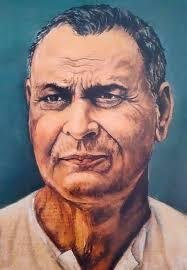
Achievements and Recognition
Rahul Sankrityayan’s contributions were widely acknowledged during his lifetime and continue to be celebrated today.
- Padma Bhushan (1963): Awarded for his contributions to literature and education. Revival of Buddhist Texts: Sankrityayan’s efforts in preserving ancient manuscripts, especially during his travels to Tibet, earned him accolades from scholars worldwide.
- Mastery of Languages: Fluent in over 30 languages, including Pali, Sanskrit, Tibetan, and Russian, Sankrityayan’s linguistic skills were instrumental in translating and interpreting ancient texts.
- Influence on Hindi Literature: His pioneering travelogues and essays elevated Hindi as a literary language, inspiring subsequent generations of writers.
Philosophy and Ideological Legacy
Sankrityayan’s life was guided by his quest for truth and justice. A staunch advocate of rationalism, he rejected orthodoxy and championed the causes of equality and education. His philosophical outlook was shaped by a combination of Buddhist teachings, Marxist ideals, and his own humanist beliefs.
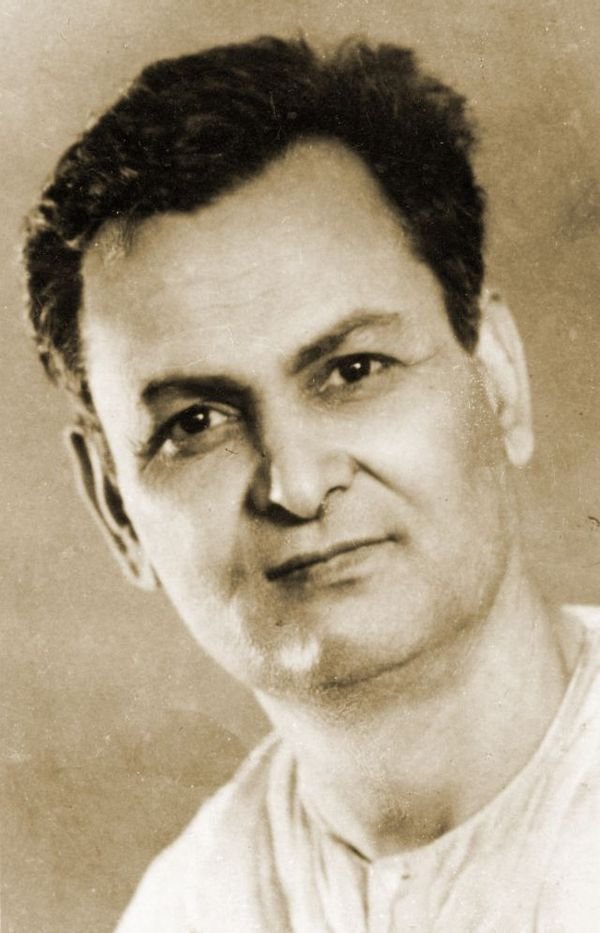
Through his works, Sankrityayan sought to break down barriers of caste, religion, and nationality. His emphasis on knowledge as a tool for liberation resonates strongly even in contemporary times.
The Legacy of Rahul Sankrityayan
Rahul Sankrityayan’s legacy is multifaceted, encompassing his contributions to literature, history, philosophy, and social reform. As the “Father of Hindi Travel Literature,” he opened new avenues for Indian writers to explore and document the world. His travelogues remain a benchmark in the genre, blending personal narrative with scholarly analysis.
As a historian, Sankrityayan’s works have enriched our understanding of India’s cultural and intellectual heritage. His efforts to preserve ancient texts and his deep insights into history and philosophy have made him a revered figure among scholars.
Perhaps most importantly, Sankrityayan’s life serves as an inspiration for intellectual and cultural exploration. His rejection of societal norms and commitment to progressive thought remind us of the importance of questioning established beliefs and embracing diversity.

Conclusion
Rahul Sankrityayan was a man of many identities—wanderer, scholar, revolutionary, and writer. His literary and intellectual pursuits were driven by an unyielding passion for knowledge and a
commitment to social justice. Through his travelogues, historical analyses, and philosophical works, Sankrityayan not only enriched Hindi literature but also bridged cultural divides, bringing the world closer to his readers.
In an era where boundaries—geographical and intellectual—are increasingly being challenged, Sankrityayan’s legacy holds profound relevance. His life and works continue to inspire us to seek knowledge, embrace change, and work toward a more equitable and enlightened world.
